RDC: Félix Tshisekedi’s Shaky Position
- Par Kimeng Hilton
- 30 Apr 2019 09:55
- 0 Likes
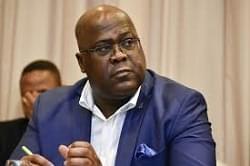
With no majority in the legislature in a semi-presidential system of government, the new DRC leader’s powers appear curbed.
The Democratic Republic of Congo, DRC’s Félix Tshisekedi, was on January 10, 2019 declared winner of the December 30, 2018 presidential poll with 38.57 per cent of the vote, against 34.8 per cent for the runner-up, Martin Fayulu. President Joseph Kabila’s preferred successor, Emmanuel Ramazani Shadary, came a distant third. Backed a report of the country’s bishops’ conference, Fayulu cried foul, insisting he won the poll with 61 per cent of votes. Though Tshisekedi eventually took office on January 24, 2019, marking DRC’s first peaceful transfer of power since independence from Belgium in 1960, his position remains shaky.
Some people have even gone as far as describing Tshisekedi as a “lame duck” president, though he has entered into a coalition with his predecessor. The pro-Kabila Common Front for Congo, FCC coalition controls overwhelming majorities in parliament, senate, provincial assemblies and positions of provincial governors and their deputies. More than three months since taking over office, President Tshisekedi is still to name a prime minister and appoint a cabinet.
This is suggestive of continuing horse-trading with the Kabila camp. According to Jeune Afrique magazine, the “political coalition agreement” allegedly stipulates that the position of Prime Minister – in line with the constitution – will to go to a pro-Kabila lawmaker; while the defence, foreign affairs and interior portfolios will go to Kabila’s party. Same for the senate leadership. The former President will become a senator for life, as well as retain considerable influence over daily official affairs.
There is talk that Kabila will have some sort of veto power on appointments in strategic areas like defence, finance, and the Governor of the Central Bank. Moreover, “the dismissal or transfer of commanders of major army and police units cannot take place without Kabila’s advice,” Jeune Afrique magazine said, citing an unnamed source. Tshisekedi on February 1, 2019 received all army generals and provincial commanders at the Presidential Palace. Three days later, he visited Tshatshi Military Barracks - the largest in the capital, Kinshasa, promising better conditions for soldiers.
He blocked public accounts so ...
Cet article complet est réservé aux abonnés
Déjà abonné ? Identifiez-vous >
Accédez en illimité à Cameroon Tribune Digital à partir de 26250 FCFA
Je M'abonne1 minute suffit pour vous abonner à Cameroon Tribune Digital !
- Votre numéro spécial cameroon-tribune en version numérique
- Des encarts
- Des appels d'offres exclusives
- D'avant-première (accès 24h avant la publication)
- Des éditions consultables sur tous supports (smartphone, tablettes, PC)






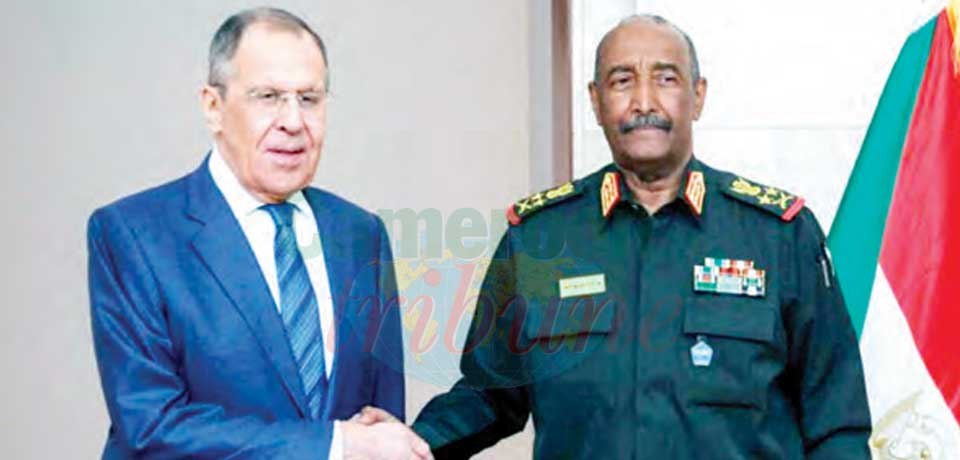
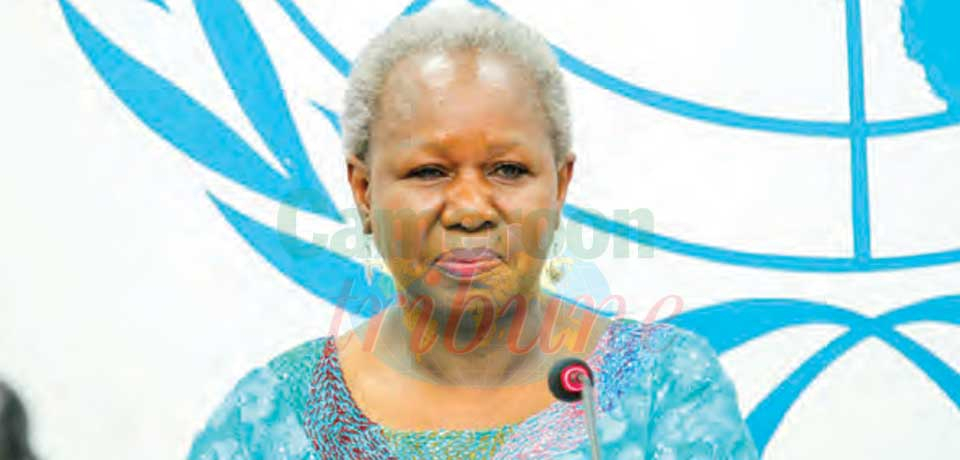
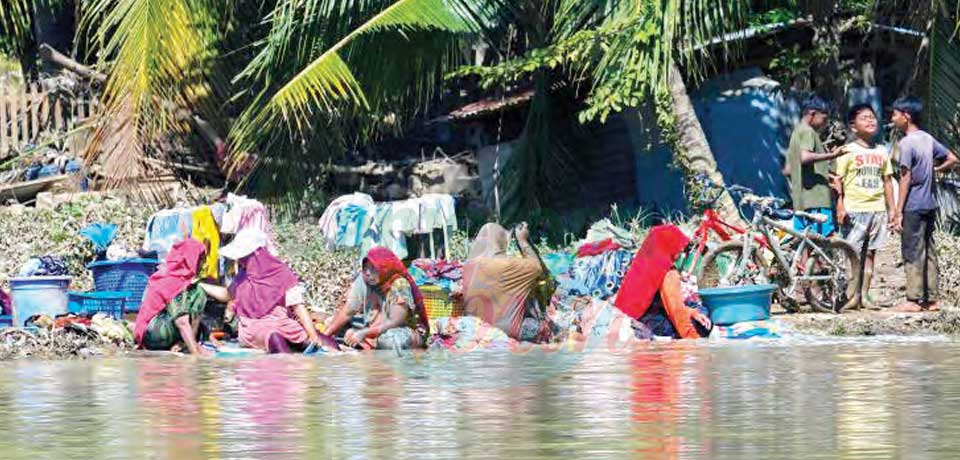
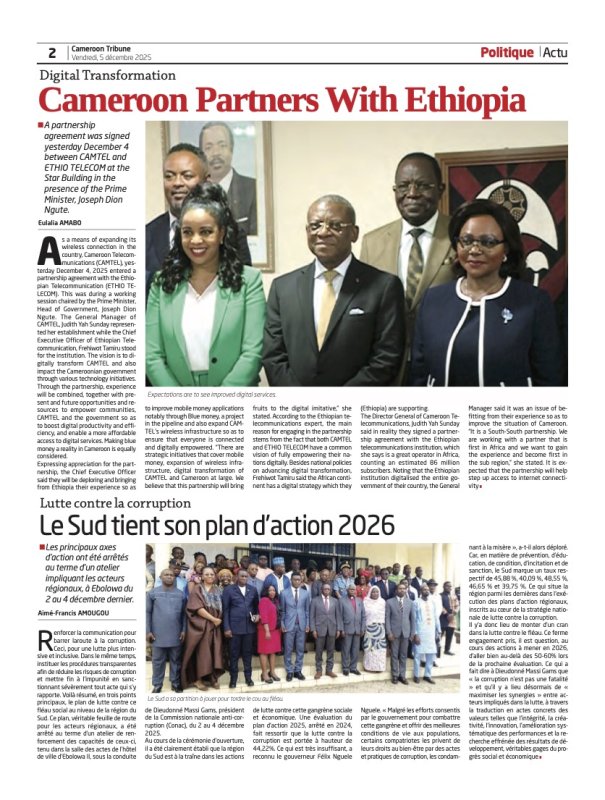




Commentaires